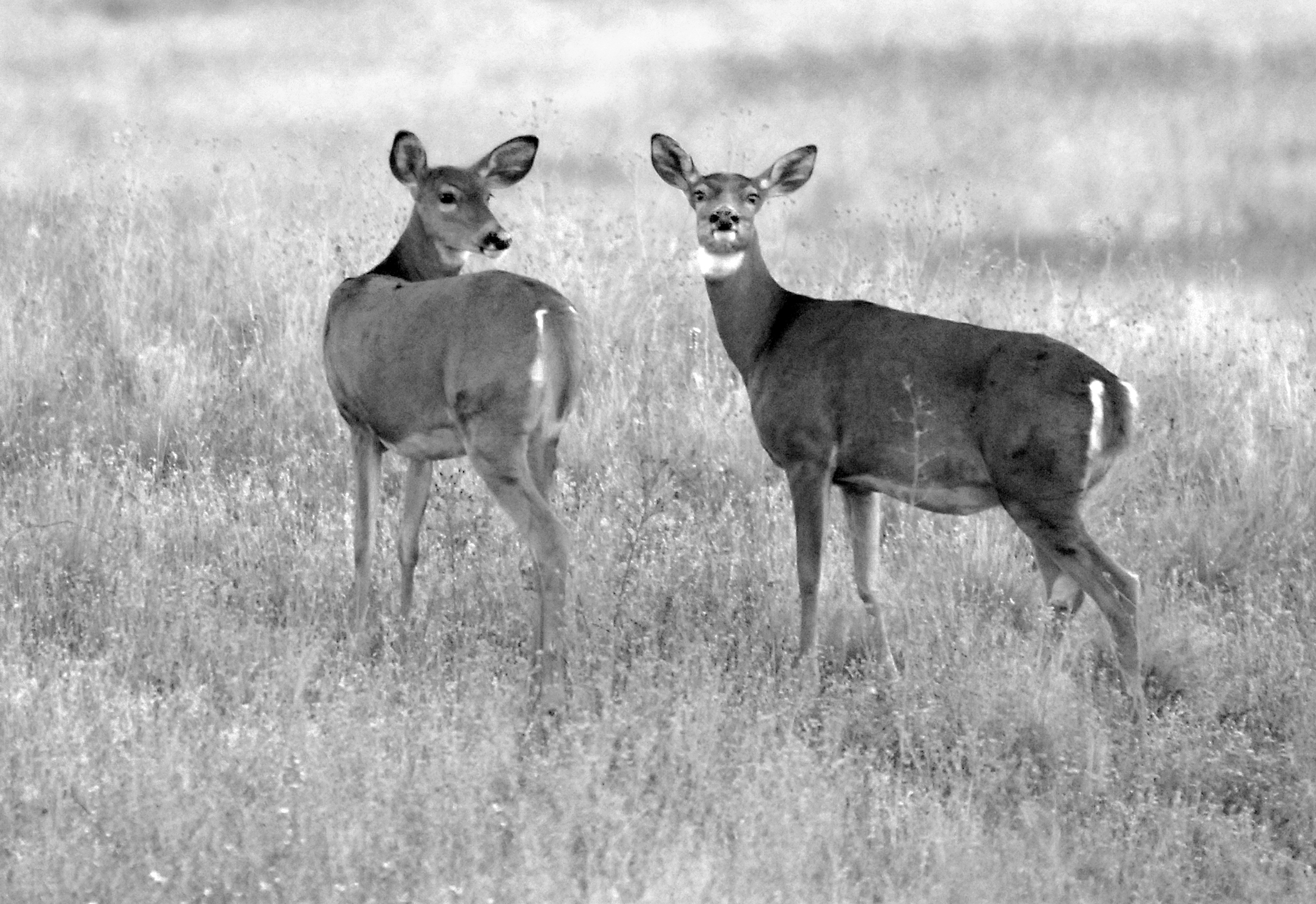Chronic wasting disease numbers remain favorable, but state cannot let up in its actions

A progressive, fatal disease that affects the brain, spinal cord and many other tissues of farmed and free-ranging deer, elk and moose, chronic wasting disease remains rare in Minnesota.
Of the approximately 120,000 wild deer tested since 2002, just 217 have tested positive, mostly in the southeast part of the state. There have been no detections in wild elk and moose since 2004.
Those were among several updates provided to the House Environment and Natural Resources Finance and Policy Committee at an informational hearing Monday.
“During the legislative session we passed a very large (law) with a lot of components, and there was dramatic reform relating to chronic wasting disease and how that response from Minnesota is administered and actions that were taken,” said Rep. Rick Hansen (DFL-South St. Paul), the committee chair.
When it comes to farmed cervidae herd inspections in 2023, 56 had been completed as of last week and another 51 are yet to occur.
“These numbers are typical for this time of year as most inspections occur toward the fall and winter when it is easier for field inspectors to complete and the farmers tend to be working their animals,” said Erik Jopp, assistant director at the Board of Animal Health.
All animals slaughtered or that die on farms are tested. “We have received 145 CWD-test admissions to date and there are currently no CWD-positive cervids in Minnesota,” Jopp said.
With the state’s deer-hunting season beginning Nov. 4, Kelly Straka, wildlife section manager for the Department of Natural Resources, hopes hunters again do their part to keep the state’s wild deer population free from disease.
“Our hunters are phenomenally passionate and dedicated to the health of our deer resource,” she said.
In some areas of the state near where wild deer have tested positive — and in nearby surveillance zones — there will again be mandatory sampling of hunter-harvested deer on opening weekend. Last year, 87% of hunters complied.
“We care here; we care about our resources,” she said.
Free voluntary testing options are available statewide, including mail-in kits. That program began last year with more than 4,500 kits requested either online or picked up at area offices. Straka called last year’s results “extremely successful.”
To prevent carcasses left on the landscape and reducing potential contamination, the DNR’s Deer Dumpster Program will have 43 sites in management zones where 225 tons of deer waste are expected to be removed.
Representatives from The Minnesota Center for Prion Research and Outreach also provided an update on its activity, including engagement with more than 21,500 people at targeted events this year. Per a handout, the center is “a multi-disciplinary center at the University of Minnesota focusing on the biology and epidemiology of human and animal prion diseases and related protein misfolding disorders.”
Officials from state agencies also provided the committee updates about:
- inflow and infiltration implementation;
- climate resiliency grants and cumulative impacts;
- Emerald Ash Borer grants and neonicotinoids in wildlife; and
- water storage and Lawns to Legumes.
Related Articles
Search Session Daily
Advanced Search OptionsPriority Dailies
Legislative leaders set 2026 committee deadlines
By Lisa Kaczke Legislative leaders on Tuesday officially set the timeline for getting bills through the committee process during the upcoming 2026 session.
Here are the three deadlines for...
Legislative leaders on Tuesday officially set the timeline for getting bills through the committee process during the upcoming 2026 session.
Here are the three deadlines for...
Latest budget forecast projects nearly $2.5 billion surplus, but red ink down the road
By Mike Cook Three weeks before Christmas, state budget officials provided some merriment to Minnesotans. However, Grinch-like transformations lurk.
Released Thursday, the November ...
Three weeks before Christmas, state budget officials provided some merriment to Minnesotans. However, Grinch-like transformations lurk.
Released Thursday, the November ...